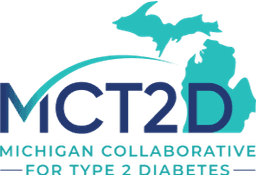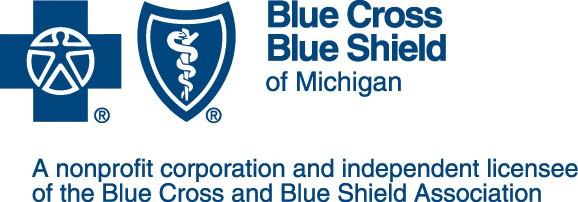SPECIALTY CARE
Qualitative Perspectives on Food Delivery and Low Carbohydrate Education for People with Food Insecurity and Type 2 Diabetes
Updated: 04/22/24
Context: Approximately 1 in 10 US adults has type 2 diabetes mellitus and incidence is rapidly increasing. While the factors that influence outcomes in type 2 diabetes are complex, diet is a modifiable risk factor. Key barriers to a low carbohydrate diet include low income and lack of education regarding carbohydrates.
Objective: We seek to understand the qualitative experiences of participants in a pilot quality improvement program, Health Eating JumpStart including perceived benefits and barriers to participation.
Study Design and Analysis: Patients were enrolled in a three-month long quality improvement pilot program in which they were given $80 in health choice credits to an online grocery service each month, free grocery delivery and education on a low carbohydrate diet. They were surveyed before and after the intervention regarding the program and its impact on their health. The post-program survey including open ended qualitative comments about the program, benefits, barriers, and areas for improvement. We analyzed data using inductive content analysis for recurring themes.
Setting/Dataset: 56 survey responses were collected from January 2023 to June 2023.
Population Studied: Adult patients in the state of Michigan with type 2 diabetes mellitus and one of the following: Medicaid insurance status, positive screen for food insecurity, or self-reported earning <150% federal poverty level.
Intervention: Over a period of three months, patients received $80 of healthy choice credit to a grocery delivery service monthly, free grocery delivery, and education on low carbohydrate diet and were interviewed before and after the program to elicit patient perspectives on the impact of the intervention on their type 2 diabetes and overall health.
Outcome Measures: Qualitative themes will be derived from coding of participant interviews.
Results: Preliminary codes include: participation in the program led to improvement in their blood sugar levels, improved sense of health and well-being, greater access to healthy foods, and the ability to maintain a low-carbohydrate diet. They felt the most helpful parts of the program were the accessibility of healthy foods and education. Next steps include finalizing a codebook and deriving themes.
Conclusions: We anticipate that qualitative responses support the benefit of this intervention to patients with type 2 diabetes with food insecurity, showing promise for impact on patients' perceptions of health outcomes.
Citation
Gutierrez Laurel, Waselewski Marika, Mascarena Laila, Chang Tammy, Oshman Lauren. Qualitative Perspectives on Food Delivery and Low Carbohydrate Education for People with Food Insecurity and Type 2 Diabetes, Poster, North American Primary Care Research Group (NACPRG) Annual Meeting, San Francisco, CA, 10/31/2023. https://napcrg.org/conferences/2017/sessions/5643
Tags: Research, Created By MCT2D


